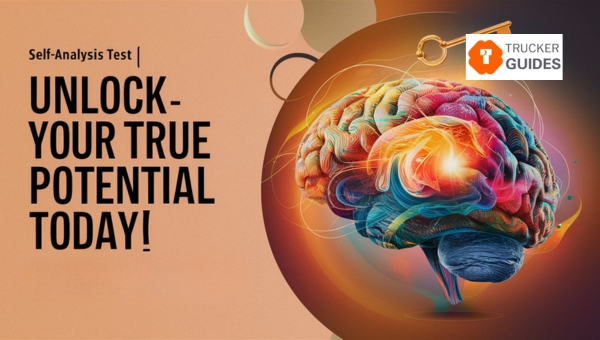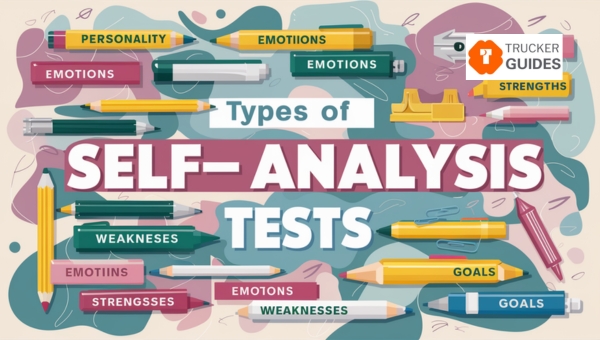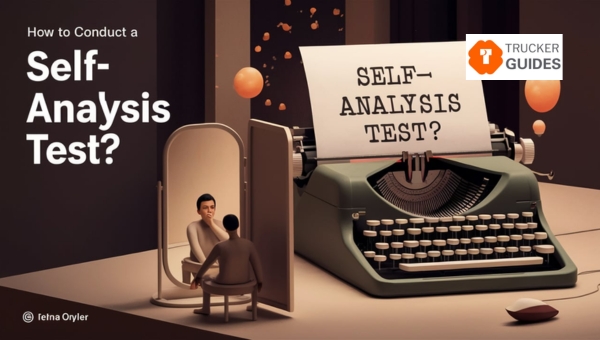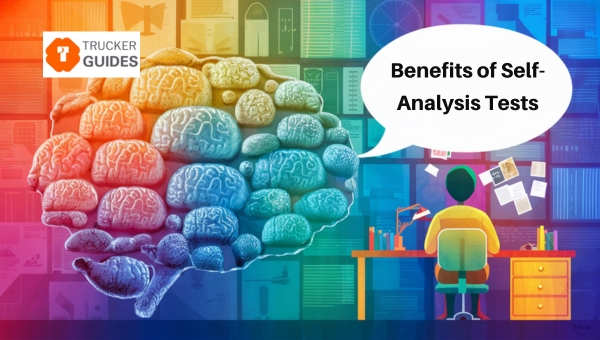Self-Analysis Test [Unlock Your True Potential Today]


Are you ready to unlock your true potential? Dive into the world of self-analysis tests to gain insights into your personality, skills, and emotional intelligence.
This article covers everything from understanding what a self-analysis test is to interpreting results and setting goals.
By the end, you’ll know how to use these tools for career development and personal growth. Let’s get started on this journey to self-improvement.
A self-analysis test is a tool designed to help individuals evaluate their personality traits, skills, and emotional intelligence. By engaging with these tests, people can gain valuable insights into their own strengths, weaknesses, and areas for growth.

These tests typically involve a series of questions or exercises that prompt introspection and self-reflection. The primary goal of a self-analysis test is to provide a structured way for individuals to understand themselves better.
Also Read: 8 Best Time Tracking Software You Need
There are several types of self-analysis tests, each designed to explore different facets of an individual’s personality, skills, and emotional intelligence.

These tests provide valuable insights that can aid in both personal growth and professional development. Let’s delve into three main types: personality tests, skills assessments, and emotional intelligence tests.
These tests typically consist of a series of questions that explore preferences, values, and tendencies.
These tests help identify strengths and areas for improvement, allowing targeted skill development.
These tests often include questions and scenarios that assess various components of emotional intelligence.
Also Read: What is Bookkeeping? Learn Efficient Financial Management
Taking a self-analysis test can be an enlightening experience, offering valuable insights into your personality, skills, and emotional intelligence.

This section will guide you through the crucial steps to prepare for and effectively conduct a self-analysis test.
Before diving into a self-analysis test, setting the right mindset is key. Here are some essential steps to ensure you are well-prepared:
Also Read: Drafting a Debt Collection Letter [Key Tips Revealed]
Here are 20 self-analysis questions to facilitate personal reflection and growth:
Interpreting the results of a self-analysis test is a critical step in understanding oneself better. By carefully examining the outcomes, individuals can gain valuable insights that help in both personal and professional areas.
Here are some key aspects to consider.
Identifying your strengths and weaknesses is a crucial part of personal development. By examining the results of your self-analysis test, you can pinpoint areas where you naturally excel and those that might need improvement. For example:
Setting personal and professional goals helps you to focus your efforts and measure your progress. Here’s how you can do it:
By setting clear, focused goals, you can pave the way for continuous improvement and success in both your personal and professional life.
Also Read: 7 Best Reputation Management Services to Help Grow Your Brand
Self-analysis tests offer multiple benefits, enhancing both career development and personal growth.

By examining their own traits and abilities, individuals can make more informed decisions about their careers and personal lives.
Self-analysis tests play a significant role in career development. These tests help individuals understand their natural strengths, preferences, and work styles.
For example, by identifying whether you are more introverted or extroverted, you can choose work environments that suit your personality. Furthermore, self-analysis tests can reveal areas where you may need improvement.
For instance, if a skills assessment indicates that you need better communication skills, you can seek out opportunities for training or practice in this area.
Self-analysis tests are equally valuable for personal growth. They offer a structured way to explore your emotional and mental landscape, helping you understand why you behave the way you do.
This is particularly beneficial for improving relationships, both personal and professional. By identifying your personality traits, you can gain insights into your motivations and decision-making processes.
Self-analysis tests are powerful tools for personal and professional development. They help individuals uncover their strengths, identify areas for improvement, and set meaningful goals.
By regularly engaging in self-analysis, people can enhance their self-awareness, boost their performance, and achieve greater satisfaction in both their personal and career endeavors.